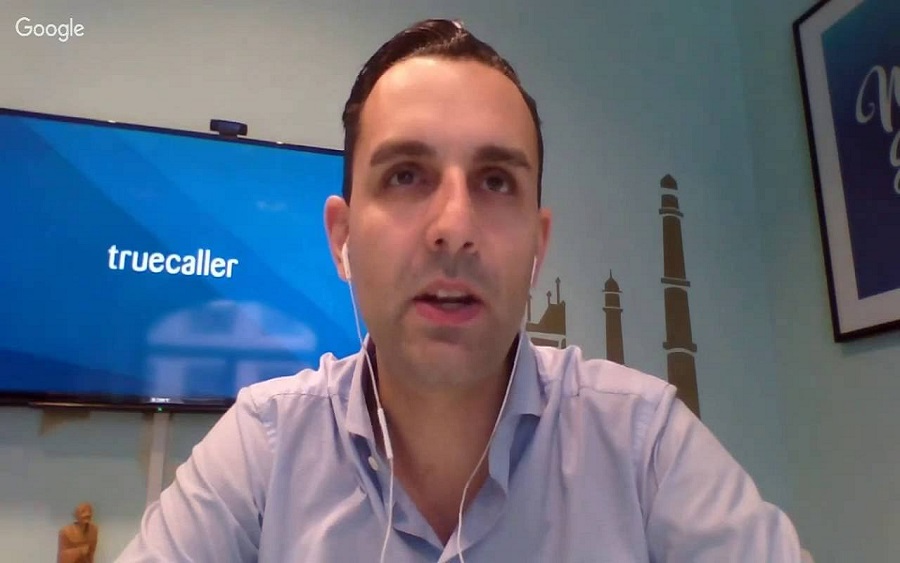Call filtering service, Truecaller has responded to the National Information Development Agency (NITDA)’s probe on its alleged breach of privacy rights of Nigerians.
The Director-General of NITDA, Kashfu Abdulllahi Inuwa disclosed that Truecaller wrote to the agency, promising to harmonise the data of its Nigerian subscribers in line with the country’s data protection regulation and that there was a meeting in the works between the agency and Truecaller.
[READ MORE: Facebook widens anti-fake news project to 10 more African countries]
He disclosed this in an interview during the ongoing 39th GITEX Technology Week in Dubai, United Arab Emirates. However, Inuwa said investigation was still on to establish the certainty of the breach.
’We have gone far on the investigation (of Truecaller data breach) and they have written us that they come to us on the way they can harmonise their operations so that they can comply with Nigeria’s data protection regulation. I don’t want to talk much about it but after we meet with them will let you know.”

Recall that Nairametrics reported when NITDA commenced investigations into the breach of privacy of some Nigerians by Truecaller.
Inuwa had said that the caller-identification service was putting many Nigerians in unsavoury conditions and that initial findings showed that the Truecaller Privacy Policy was not in compliance with global laws on data protection and the Nigeria Data Protection Regulation (NDPR) in particular.
The NTDA DG also stated that contrary to the belief of its users, the Truecaller app collects more information than it needs.
[READ ALSO: Privacy Breach: Facebook wins legal battle against investors]
What you should know: Like other Africans, Nigerians are still vulnerable and exposed to data breaches because of the absence of data protection law. When data breaches occur, there is no legally stipulated process to sort the case neither are their laws put in place detailing data protection responsibilities on the data holders. Hence the need for the government to enact a data protection law for its citizens.











